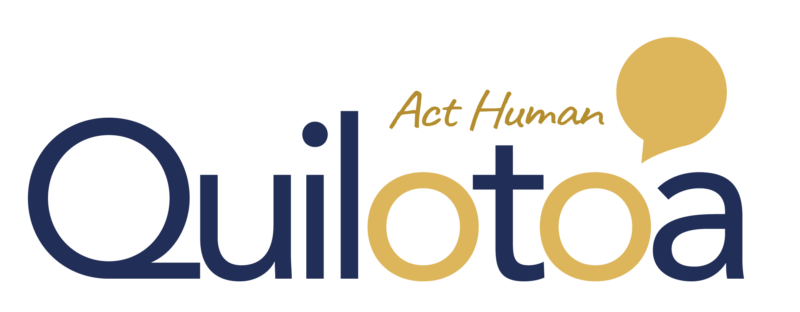Communicating in managerial situations
Enabling managers to gain a better understanding of their communication, how to use it and how to practise it

Training objectives
1/ Positioning yourself as a local manager
2/ Understanding and adapting to the personalities of your team
3/ Leading productive and structured team meetings
4/ Developing an influential and assertive communication style at events
5/ Giving meaning by motivating and developing the team
Conditions
Duration : 2 days and a half
All audiences
No prerequisites
Price upon request
The rate depends on the scale of the project. To find out our list price, please refer to our General Terms and Conditions of Sales.
Training overview
The challenges of committed communication
– Discover the dimensions of oral communication through practice
Signs of recognition
– Sensibilisation à l’importance de donner un retour d’information aux employés
– Try it out and see the effects
Managing difficult situations
– Experiencing a delicate situation with an employee/team
– Speaking out on sensitive issues
Listening to non-verbal as well as verbal communication
– Observe the signs expressed by a given employee
The 5 needs of managers and employees
– Identify needs according to your position (manager or employee)
The team meeting
– Knowing the rules and objectives associated with productive team meetings
– Which meeting for which situation?
How to present yourself to an employee and a team
– Identify the areas that define the manager’s orientations
– Identify the levers to put forward during an initial meeting
Training methods

Role play

Practice

Personalized action plan

Video input

Individual diagnosis
We will be delighted to answer any questions you may have (response within 48 hours)

Quilotoa pedagogy
Based on theatrical techniques, active and practical, it aims to give each participant the autonomy that is essential for lasting progress.
Theoretical points of reference, conveyed interactively, complement the practical exercises to help you get to grips with the subject.
Evaluation
Ongoing assessment : as you go along in the various scenarios.
At the end of the course : on a summary exercise.
After the course : via an online form.
People with disabilities
When our training courses are held at Quilotoa’s head office – 123 rue Jules Guesde, 92300 Levallois-Perret – they are accessible to anyone with reduced mobility.
For any further information on disability, please contact our disability advisor: Nathalie Barbey – n.barbey@quilotoagroup.com – +33 1 47 48 77 12

A recognised experiential teaching approach for 30 years



